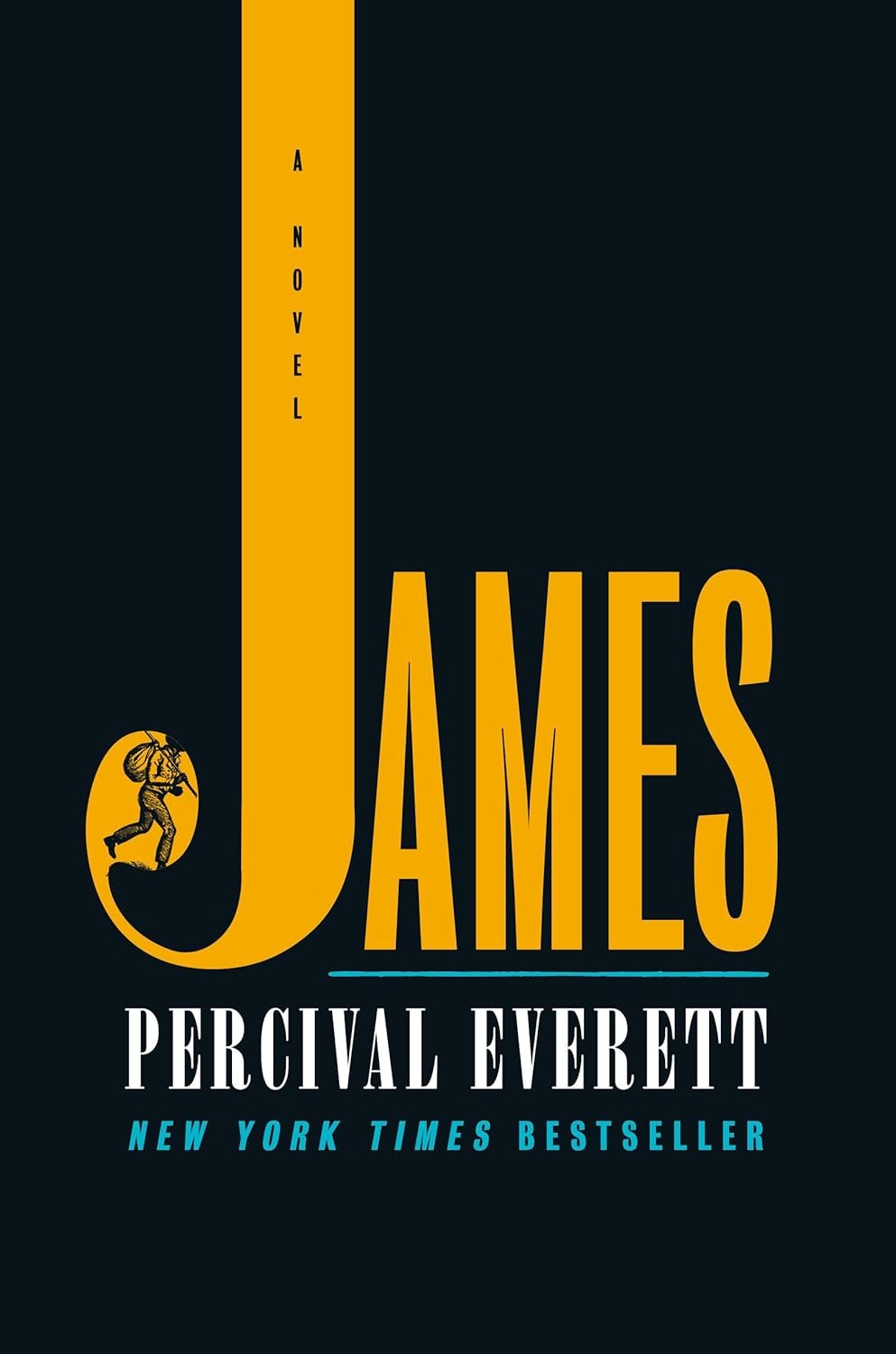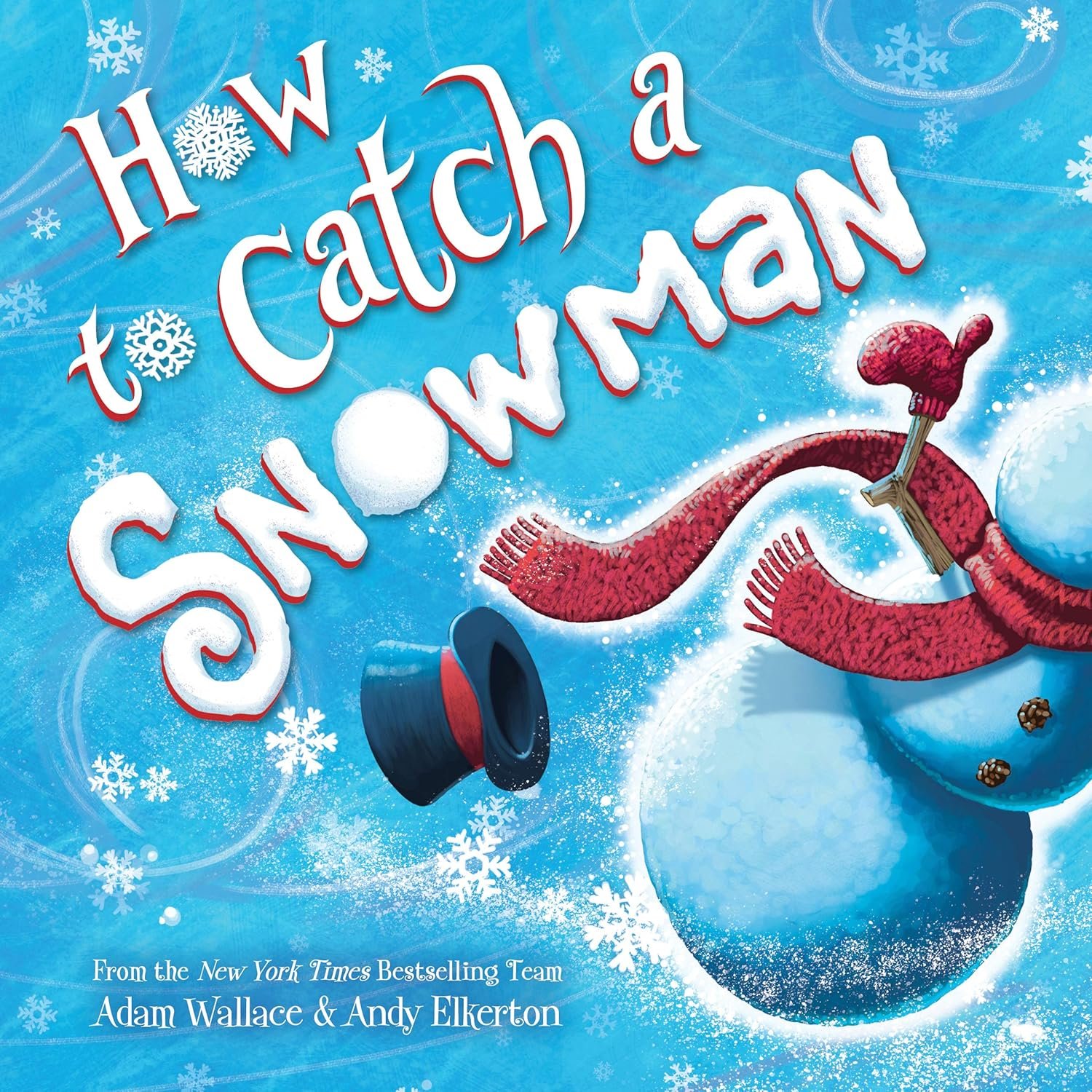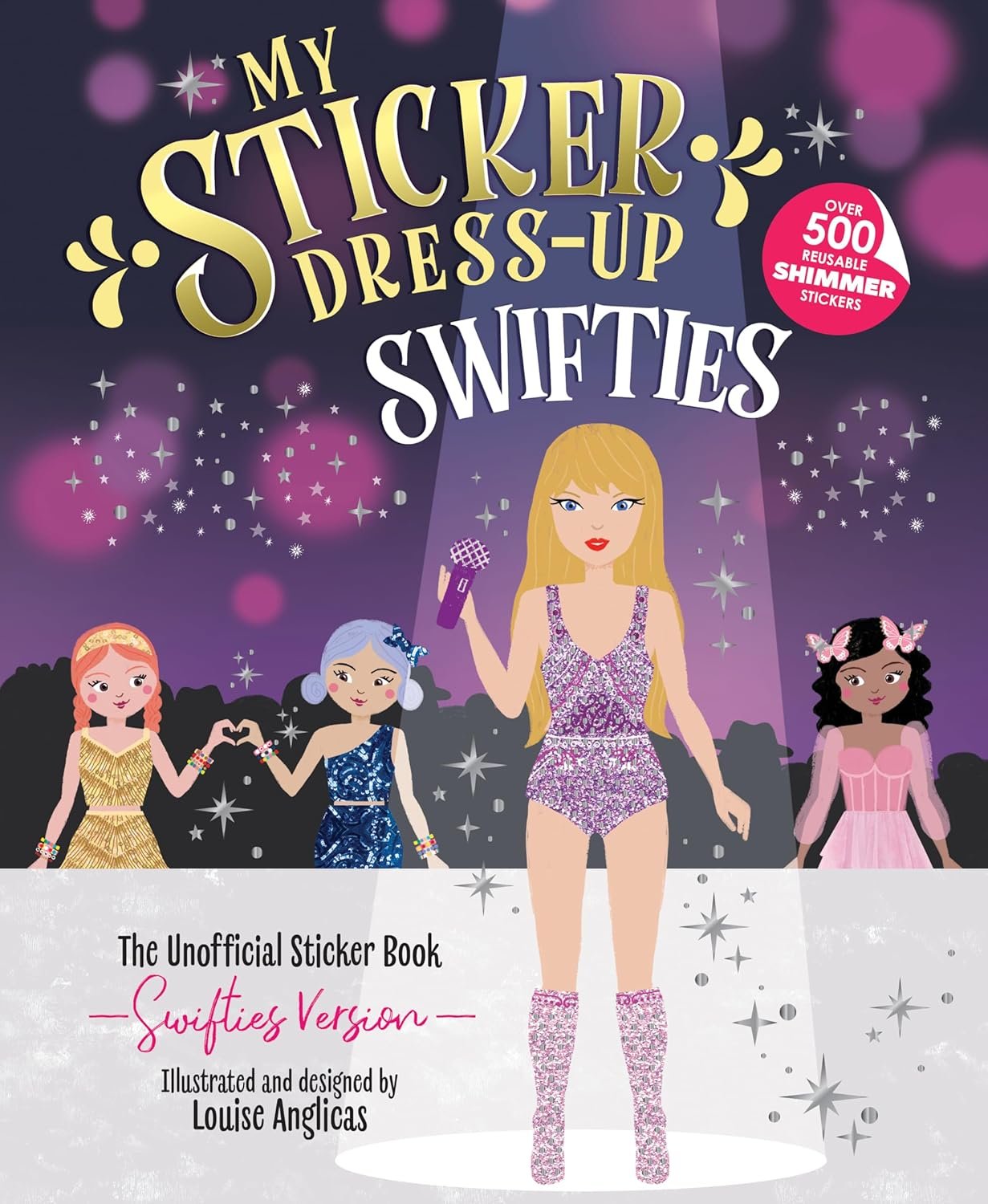WE DECIDE TO follow the railroad tracks to the city, because none of us is good at navigation. I walk from tie to tie, Tobias balances on the rail, wobbling only occasionally, and Caleb and Susan shuffle behind us. I twitch at every unidentified noise, tensing until I realize it is just the wind, or the squeak of Tobias’s shoes on the rail. I wish we could keep running, but it’s a feat that my legs are even moving at this point.
Then I hear a low groan from the rails.
I bend down and press my palms to the rail, closing my eyes to focus on the feeling of the metal beneath my hands. The vibration feels like a sigh going through my body. I stare between Susan’s knees down the tracks and see no train light, but that doesn’t mean anything. The train could be running with no horns and no lamps to announce its arrival.
I see the gleam of a small train car, far away now but approaching fast.
“It’s coming,” I say. It is an effort to get to my feet when all I want to do is sit down, but I do, brushing my hands on my jeans. “I think we should get on.”
“Even if it’s run by the Erudite?” says Caleb.
“If the Erudite were running the train, they would have taken it to the Amity compound to look for us,” Tobias says. “I think it’s worth the risk. We’ll be able to hide in the city. Here we’re just waiting for them to find us.”
We all get off the tracks. Caleb gives Susan step-by-step instructions for getting on a moving train, the way only a former Erudite can. I watch the first car approach; listen to the rhythmic bump of the car over the ties, the whisper of metal wheel against metal rail.
As the first car passes me, I start to run. I ignore the burning in my legs. Caleb helps Susan into a middle car first, then jumps in himself. I take a quick breath and throw my body to the right, slamming into the floor of the car with my legs dangling over the edge. Caleb grabs my left arm and pulls me in the rest of the way. Tobias uses the handle to swing himself in after me.
I look up, and stop breathing.
Eyes glitter in the darkness. Dark shapes sit in the car, more numerous than we are.
The factionless.
The wind whistles through the car. Everyone is on their feet and armed—
except Susan and me, who have no weapons. A factionless man with an eye patch has a gun pointed at Tobias. I wonder how he got it.
Next to him, an older factionless woman holds a knife—the kind I used to cut bread with. Behind him, someone else holds a large plank of wood with a nail sticking out of it.
“I’ve never seen the Amity armed before,” the factionless woman with the knife says.
The factionless man with the gun looks familiar. He wears tattered clothes in different colors—a black T-shirt with a torn Abnegation jacket over it, blue jeans mended with red thread, brown boots. All faction clothing is represented in the group before me: black Candor pants paired with black Dauntless shirts, yellow dresses with blue sweatshirts over them. Most items are torn or smudged in some way, but some are not. Freshly stolen, I imagine.
“They aren’t Amity,” the man with the gun says. “They’re Dauntless.”
Then I recognize him: he is Edward, a fellow initiate who left Dauntless after Peter attacked him with a butter knife. That is why he wears an eye patch.
I remember steadying his head as he lay screaming on the floor, and cleaning the blood he left behind.
“Hello, Edward,” I say.
He inclines his head to me, but doesn’t lower his gun. “Tris.”
“Whatever you are,” the woman says, “you’ll have to get off this train if you want to stay alive.”
“Please,” says Susan, her lip wobbling. Her eyes fill with tears. “We’ve been running . . . and the rest of them are dead and I don’t . . .” She starts to sob again. “I don’t think I can keep going, I . . .”
I get the strange urge to hit my head against the wall. Other people’s sobs make me uncomfortable. It’s selfish of me, maybe.
“We’re running from the Erudite,” says Caleb. “If we get off, it will be easier for them to find us. So we would appreciate it if you let us ride into the city with you.”
“Yeah?” Edward tilts his head. “What have you ever done for us?” “I helped you when no one else would,” I say. “Remember?” “You, maybe. But the others?” says Edward. “Not so much.” Tobias steps forward, so Edward’s gun is almost against his throat.
“My name is Tobias Eaton,” Tobias says. “I don’t think you want to push me off this train.”
The effect of the name on the people in the car is immediate and bewildering: they lower their weapons. They exchange meaningful looks.
“Eaton? Really?” Edward says, eyebrows raised. “I have to admit, I did not
see that coming.” He clears his throat. “Fine, you can come. But when we get to the city, you’ve got to come with us.”
Then he smiles a little. “We know someone who’s been looking for you, Tobias Eaton.”
Tobias and I sit on the edge of the car with our legs dangling over the edge. “Do you know who it is?”
Tobias nods. “Who, then?”
“It’s hard to explain,” he says. “I have a lot to tell you.” I lean against him.
“Yeah,” I say. “So do I.”
I don’t know how much time passes before they tell us to get off. But when they do, we are in the part of the city where the factionless live, about a mile from where I grew up. I recognize each building we pass as one I walked by every time I missed the bus home from school. The one with the broken bricks. The one with a fallen streetlight leaning against it.
We stand in the doorway of the train car, all four of us in a line. Susan whimpers.
“What if we get hurt?” she says.
I grab her hand. “We’ll jump together. You and me. I’ve done this a dozen times and never got hurt.”
She nods and squeezes my fingers so hard they hurt. “On three. One,” I say, “Two. Three.”
I jump, and pull her with me. My feet slam into the ground and continue forward, but Susan just falls to the pavement and rolls onto her side. Aside from a scraped knee, though, she seems to be all right. The others jump off without difficulty—even Caleb, who has only jumped from a train once before, as far as I know.
I’m not sure who could know Tobias among the factionless. It could be Drew or Molly, who failed Dauntless initiation—but they didn’t even know Tobias’s real name, and besides, Edward probably would have killed them by now, judging by how ready he was to shoot us. It must be someone from Abnegation, or from school.
Susan seems to have calmed down. She walks on her own now, next to Caleb, and her cheeks are drying with no new tears to wet them.
Tobias walks beside me, touching my shoulder lightly.
“It’s been a while since I checked that shoulder,” he says. “How is it?” “Okay. I brought the pain medicine, luckily,” I say. I’m glad to talk about
something light—as light as a wound can be, anyway. “I don’t think I’m letting it heal very well. I keep using my arm or landing on it.”
“There will be plenty of time for healing once all this is over.”
“Yeah.” Or it won’t matter if I heal, I add silently, because I’ll be dead.
“Here,” he says, taking a small knife from his back pocket and handing it to me. “Just in case.”
I put it in my own pocket. I feel even more nervous now.
The factionless lead us down the street and left into a grimy alleyway that stinks of garbage. Rats scatter in front of us with squeaks of terror, and I see only their tails, slipping between mounds of waste, empty trash cans, soggy cardboard boxes. I breathe through my mouth so I don’t throw up.
Edward stops next to one of the crumbling brick buildings and forces a steel door open. I wince, half expecting the entire building to fall down if he pulls too hard. The windows are so thick with grime that almost no light penetrates them. We follow Edward into a dank room. In the flickering glow of a lantern, I see . . . people.
People sitting next to rolls of bedding. People prying open cans of food. People sipping bottles of water. And children, weaving between the groups of adults, not confined to a particular color of clothing—factionless children.
We are in a factionless storehouse, and the factionless, who are supposed to be scattered, isolated, and without community . . . are together inside it. Are together, like a faction.
I don’t know what I expected of them, but I am surprised by how normal they seem. They don’t fight one another or avoid one another. Some of them tell jokes, others speak to each other quietly. Gradually, though, they all seem to realize that we aren’t supposed to be there.
“Come on,” Edward says, bending his finger to beckon us toward him. “She’s back here.”
Stares and silence greet us as we follow Edward deeper into the building that is supposed to be abandoned. Finally I can’t contain my questions any longer.
“What’s going on here? Why are you all together like this?”
“You thought they—we—were all split up,” Edward says over his shoulder. “Well, they were, for a while. Too hungry to do much of anything except look for food. But then the Stiffs started giving them food, clothes, tools, everything. And they got stronger, and waited. They were like that when I found them, and they welcomed me.”
We walk into a dark hallway. I feel at home, in the dark and the quiet that are like the tunnels in Dauntless headquarters. Tobias, however, winds a loose thread from his shirt around his finger, backward and forward, over and over. He knows who we’re meeting, but I still have no idea. How is it I know this little about the boy who says he loves me—the boy whose real name is
powerful enough to keep us alive in a train car full of enemies? Edward stops at a metal door and pounds on it with his fist.
“Wait, you said they were waiting?” says Caleb. “What were they waiting
for, exactly?”
“For the world to fall apart,” Edward says. “And now it has.”
The door opens, and a severe-looking woman with a lazy eye stands in the doorway. Her steady eye scans the four of us.
“Strays?” she says.
“Not hardly, Therese.” He jabs his thumb over his shoulder, at Tobias. “This one’s Tobias Eaton.”
Therese stares at Tobias for a few seconds, then nods. “He certainly is.
Hold on.”
She shuts the door again. Tobias swallows hard, his Adam’s apple bobbing. “You know who she’s going to get, don’t you,” says Caleb to Tobias. “Caleb,” Tobias says. “Please shut up.”
To my surprise, my brother suppresses his Erudite curiosity.
The door opens again, and Therese steps back to let us in. We walk into an old boiler room with machinery that emerges from the darkness so suddenly I hit it with my knees and elbows. Therese leads us through the maze of metal to the back of the room, where several bulbs dangle from the ceiling over a table.
A middle-aged woman stands behind the table. She has curly black hair and olive skin. Her features are stern, so angular they almost make her unattractive, but not quite.
Tobias clutches my hand. At that moment I realize that he and the woman have the same nose—hooked, a little too big on her face but the right size on his. They also have the same strong jaw, distinct chin, spare upper lip, stick- out ears. Only her eyes are different—instead of blue, they are so dark they look black.
“Evelyn,” he says, his voice shaking a little.
Evelyn was the name of Marcus’s wife and Tobias’s mother. My grip on Tobias’s hand loosens. Just days ago I was remembering her funeral. Her funeral. And now she stands in front of me, her eyes colder than the eyes of any Abnegation woman I’ve ever seen.
“Hello.” She walks around the table, surveying him. “You look older.” “Yes, well. The passage of time tends to do that to a person.”
He already knew she was alive. How long ago did he find out? She smiles. “So you’ve finally come—”
“Not for the reason you think,” he interrupts her. “We were running from Erudite, and the only chance of escape we had required me to tell your poorly
armed lackeys my name.”
She must have made him angry somehow. But I can’t help but think that if I discovered my mother was alive after thinking she was dead for so long, I would never speak to her the way Tobias speaks to his mother now, no matter what she had done.
The truth of that thought makes me ache. I push it aside and focus instead on what’s in front of me. On the table behind Evelyn is a large map with markers all over it. A map of the city, obviously, but I’m not sure what the markers mean. On the wall behind her is a chalkboard with a chart on it. I can’t decipher the information in the chart; it’s written in shorthand I don’t know.
“I see.” Evelyn’s smile remains, but without its former touch of amusement. “Introduce me to your fellow refugees, then.”
Her eyes drift down to our joined hands. Tobias’s fingers spring apart. He gestures to me first. “This is Tris Prior. Her brother, Caleb. And their friend Susan Black.”
“Prior,” she says. “I know of several Priors, but none of them are named Tris. Beatrice, however . . .”
“Well,” I say, “I know of several living Eatons, but none of them are named Evelyn.”
“Evelyn Johnson is the name I prefer. Particularly among a pack of Abnegation.”
“Tris is the name I prefer,” I reply. “And we’re not Abnegation. Not all of us, anyway.”
Evelyn gives Tobias a look. “Interesting friends you’ve made.”
“Those are population counts?” says Caleb from behind me. He walks forward, his mouth open. “And . . . what? Factionless safe houses?” He points to the first line on the chart, which reads 7 . . . . . . . . . . Grn Hse. “I mean, these places, on the map? They’re safe houses, like this one, right?”
“That’s a lot of questions,” says Evelyn, arching an eyebrow. I recognize the expression. It belongs to Tobias—as does her distaste for questions. “For security purposes, I will not answer any of them. Anyway, it is time for dinner.”
She gestures toward the door. Susan and Caleb start toward it, followed by me, and Tobias and his mother are last. We work our way through the maze of machinery again.
“I’m not stupid,” she says in a low voice. “I know you want nothing to do with me—though I still don’t quite understand why—”
Tobias snorts.
“But,” she says, “I will extend my invitation again. We could use your help
here, and I know you are like-minded about the faction system—” “Evelyn,” Tobias says. “I chose Dauntless.”
“Choices can be made again.”
“What makes you think I’m interested in spending time anywhere near you?” he demands. I hear his footsteps stop, and slow down so I can hear how she responds.
“Because I’m your mother,” she says, and her voice almost breaks over the words, uncharacteristically vulnerable. “Because you’re my son.”
“You really don’t get it,” he says. “You don’t have the vaguest conception of what you’ve done to me.” He sounds breathless. “I don’t want to join up with your little band of factionless. I want to get out of here as quickly as possible.”
“My little band of factionless is twice the size of Dauntless,” says Evelyn. “You would do well to take it seriously. Its actions may determine the future of this city.”
With that, she walks ahead of him, and ahead of me. Her words echo in my mind: Twice the size of Dauntless. When did they become so large?
Tobias looks at me, eyebrows lowered. “How long have you known?” I say.
“About a year.” He slumps against the wall and closes his eyes. “She sent a coded message to me in Dauntless, telling me to meet her at the train yard. I did, because I was curious, and there she was. Alive. It wasn’t a happy reunion, as you can probably guess.”
“Why did she leave Abnegation?”
“She had an affair.” He shakes his head. “And no wonder, since my father . . .” He shakes his head again. “Well, let’s just say Marcus wasn’t any nicer to her than he was to me.”
“Is . . . that why you’re angry with her? Because she was unfaithful to him?”
“No,” he says too sternly, his eyes opening. “No, that’s not why I’m angry.”
I walk toward him as if approaching a wild animal, each footstep careful on the cement floor. “Then why?”
“She had to leave my father, I get that,” he says. “But did she think of taking me with her?”
I purse my lips. “Oh. She left you with him.”
She left him alone with his worst nightmare. No wonder he hates her. “Yeah.” He kicks at the floor. “She did.”
My fingers find his, fumbling, and he guides them into the spaces between his own. I know that’s enough questions, for now, so I let the silence linger between us until he decides to break it.
“It seems to me,” he says, “that the factionless are better friends than enemies.”
“Maybe. But what would the cost of that friendship be?” I say.
He shakes his head. “I don’t know. But we may not have any other option.”





